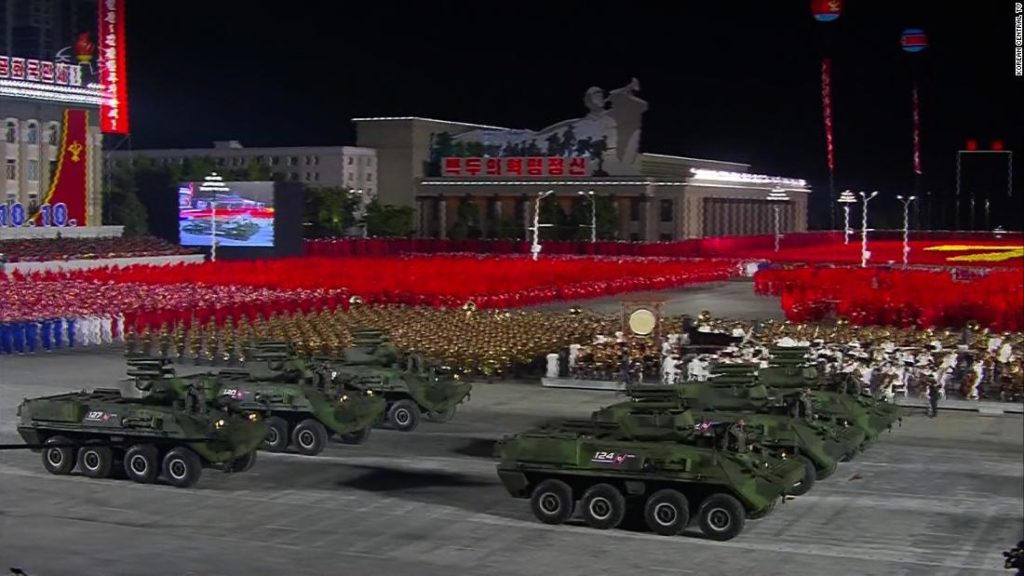The man with the balloon had worked with us as I (Kee B. Park) and North Korean neurosurgeon Dr. Choe removed a tumor from the spinal cord of a woman in a dimly lit operating room of the college. Now, one can only wonder how, with such limited resources, North Korea can cope with the threat of Covid-19.
This is more than an academic question. While President-elect Joe Biden prepares to deal with the raging pandemic at home, he should consider that the health crisis presents a rare opportunity for the incoming administration to engage with the DPRK (North Korea) in a practical and politically low-risk way.
“Covid diplomacy” could help stanch the mistrust between the two governments and resuscitate efforts to rein in Pyongyang’s nuclear program. It would also reflect Biden’s preferred approach to politics and foreign policy: reliance on experts and knowledge-based institutions, multilateral coordination, and basic human decency.
Not engaging North Korea sooner rather than later is a poor option.
Internally, North Korean people face severe health risks, including the threat of a Covid-19 outbreak and a public health infrastructure that is already at the breaking point. Since the virus knows no borders, US failure to facilitate medical assistance could harm people inside and outside the country, including South Korea and Japan, two longtime US allies.
Before the Biden team can put nuclear weapons on the negotiating table, they need to induce Pyongyang to come out of its self-imposed total lockdown and near silence.
It is in the interest of the US — and the international community — to ensure North Korea is able to suppress the virus. In a pandemic, no one is safe until everyone is safe, and the US holds the key to integrating North Korea into the regional and global health security network.
“Covid diplomacy” with North Korea will need to start with support for a large-scale testing program, significant upgrades in treatment capacity, and access to Covid-19 vaccines while ensuring vulnerable populations outside the major cities are not left out.
Any major changes to the sanctions regime will need the US to agree.
International health security cooperation with North Korea requires the following changes: A functional banking channel to transfer funds for humanitarian work, which is lacking at the moment. A general waiver for humanitarian organizations to deliver supplies — currently, the exemptions are sought for each shipment and approved on a case-by-case basis. Ending the US travel ban — presently, US humanitarian workers are required to apply for special validation passports for each trip to the DPRK. And a rollback of the parts of the sanctions with the greatest impact on humanitarian conditions and civilian economy, such as the cap on refined fuel imports and ban on exports. All of these items require US agreement or action.
With the promise of medical supplies, vaccines, and humanitarian sanctions relief, Pyongyang might begin to work with external aid organizations and reopen the country to essential travel and cargo. These highly professional and experienced organizations operate under an accountability framework that makes transparency and access paramount.
Many in the world are awaiting a threat reduction from Covid-19 and nuclear conflict. Diplomacy based on the promotion of health security could help advance both.
You may also like
-
UK coronavirus variant has been reported in 86 countries, WHO says
-
NASA technology can help save whale sharks says Australian marine biologist and ECOCEAN founder, Brad Norman
-
California Twentynine Palms: Explosives are missing from the nation’s largest Marine Corps base and an investigation is underway
-
Trump unhappy with his impeachment attorney’s performance, sources say
-
Lunar New Year 2021: Ushering in the Year of the Ox

